Unless you’ve been totally swamped in all things sports day, SATs or UCAS, you have probably heard about the current Government proposals to change the content of RSHE lessons.
In a press release authored by the DfE, Education Secretary Gillian Keegan and Prime Minister Rishi Sunak said that the guidance has "protecting children at its heart", as well as enshrining "parents’ right to know what their children are being taught."
The proposals, however, have drawn mixed opinions from people in the education sphere. Paul Whitemann, general secretary at school leaders' union NAHT, called into question whether children really are at the heart of these proposals, writing: "It is hard to see how rigid limits on what can be discussed and when would be in the best interests of young people." Pepe Di'Iasio, head teacher at a school in Rotherham and General Secretary of the Association of School and College Leaders, argued that age limits sometimes need to change, just like our ever-changing world. In an interview he said: "Ten years ago, there was no need to teach about sexually explicit images being shared on social media. And three years ago that might have been delivered at age 14, or 15. And now, we're having to deliver that at age 11 or 12."
While the opinions of politicians, educators, and experts remain a valid part of the conversation, there is one voice that is notably absent: that of children & young people. Fortunately, we have extensive data on what thousands of young people aged 5-18 think on some of the key talking points in Relationships and Sex Education: from discussing mental health to addressing misogynistic behaviour to understanding the impact of online influences to emphasising the importance of inclusivity, it's all below.
Each week, VotesforSchools asks hundreds of thousands of young people across the UK one question. They consider, discuss and debate this question before heading to their polls and letting us know what they think. Here's what they have had to say about sensitive issues about relationships and sex:
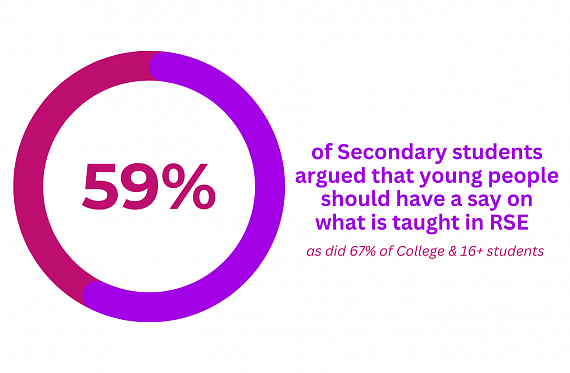
At VotesforSchools, we are always inspired by the passion young people show for their education. With the Department of Education's recent announcement to review of the statutory RSE guidance, we gave voters the chance to share their views on what they currently learn about relationships, a notable 59% of secondary students and 67% of college students expressed that they should have a say in what is taught in Relationships and Sex Education (RSE).
This highlights the desire for a curriculum that resonates more with their experiences and needs. By including their voices in the development of RSE, we can ensure that the education provided is relevant, engaging, and truly beneficial.
See these results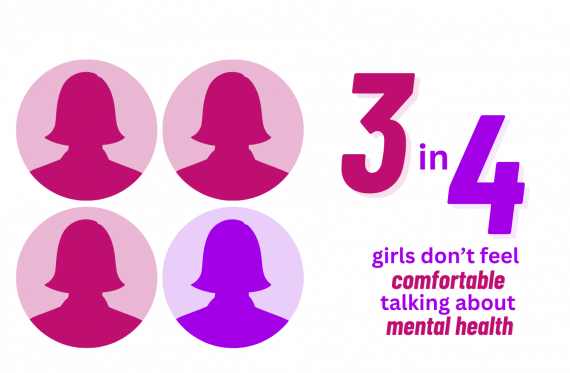
Equipping young people with the vocabulary to talk about their mental health and the understanding of how to support themselves and others in finding help is central to many of the resources published by VotesforSchools.
In January 2024, 52,646 young people responded to the question “Would you feel comfortable having a conversation about your mental health?”. Of these, only 47.5% of those aged 7-11, and 30.1% of 11-16s said Yes. This was a clear indicator that more wide-ranging and open conversations need to be had on this subject, something that has been mirrored in previous topics too.
View these results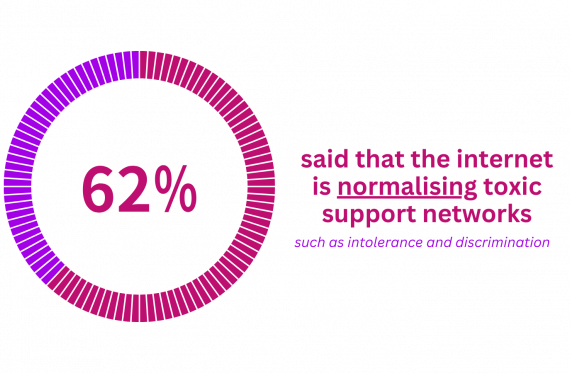
Since the rise of Andrew Tate and the subsequent uptick in misogynistic attitudes & behaviour in young people, VotesforSchools has been at the forefront of these crucial conversations.
As early as June 2021, we asked voters: “Does the internet normalise toxic support networks?”, and alluded to the rise in extreme views online. Our 14,419 11-18 voters answered Yes, at 62%. This indicates that as early as Year 7, young people were coming to accept views based on intolerance and discrimination as the norm.
Then, in March 2023, 11-18 voters were asked a more direct question about misogyny: “Are young people comfortable calling out misogynistic behaviour?”. Worryingly, only 38% of 11-16s and 38.6% of 16+ voters said Yes. Equally as concerning was the response to the equivalent Primary question, “Is it easy to set your boundaries?”. Only 51.5% of the 11,647 voters aged 5-11 said No.
Across all age groups, it is clear that questions around consent, misogynistic attitudes, and abusive behaviour remain pressing, and issues on which young people wish to keep having their say.
View these results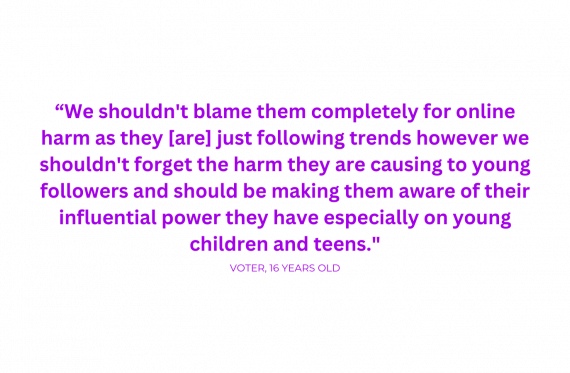
On influencers more specifically, which is also part of the new guidance, voters shared in February 2023 that the majority of them feel that influencers should not be blamed for online harm. With a 54.5% No response at 7-11, compared to just 28.5% at 11-16 and 39.1% at 16+, it is clear that young people want the root cause of the issue to be addressed, as opposed to placing blame on individuals.
Education here is clearly key. This was also exemplified in a debate from February 2024, for Safer Internet Day, in which voters were asked: “Are adults equipped to teach you about the online world?” The shift between 7-11 and 11-18 was notable here: with Yes the majority at 7-11 (54.9%) and No taking precedence at 11-16 & 16+ (24.9% & 23.5% respectively). While this could suggest that further education on the online world from adults is not something young people believe they need, the comments were indicative of more education for everyone; as digital natives, young people have a lot that they can share with their families and teachers, but digital immigrants - those over 35 - can also provide a lot by way of troubleshooting skills and overall street smarts.
View these results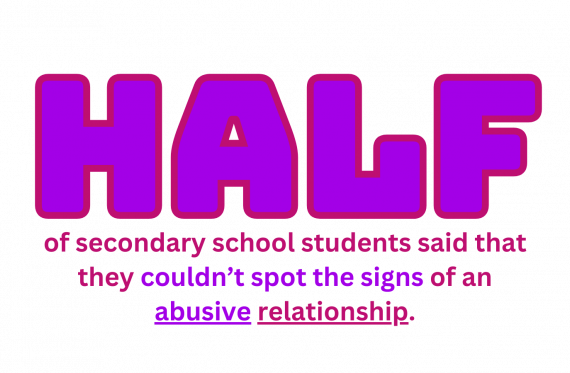
Following a question put to young people about healthy relationships in 2019, VotesforSchools’ results made it all the way to Parliament. In written evidence submitted by The Children’s Society, MPs were made aware of the fact that only 51% of 11-16-year olds could spot the signs of an abusive relationship.
Evidently, these issues are pertinent to, and important for, young people of Secondary age. Currently, the proposals suggest that “discussing the explicit details of violent abuse” should not be taught before Year 9.
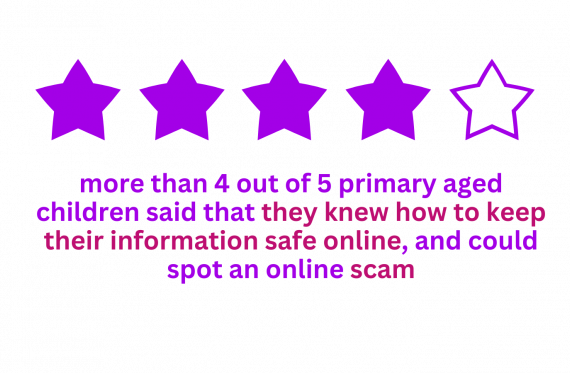
Current plans suggest that these issues should not be introduced to young people before Year 3. However, our data suggests that children as young as 5 are interested in and aware of these issues and want to talk about them.
For instance, in April 2024, 84.6% of voters aged 5-7 said that they knew how to keep their information safe, and 83.6% of those aged 7-11 said they felt like they could spot an online scam. In order to sustain these levels of confidence in navigating the online world, early intervention is vital.
View these results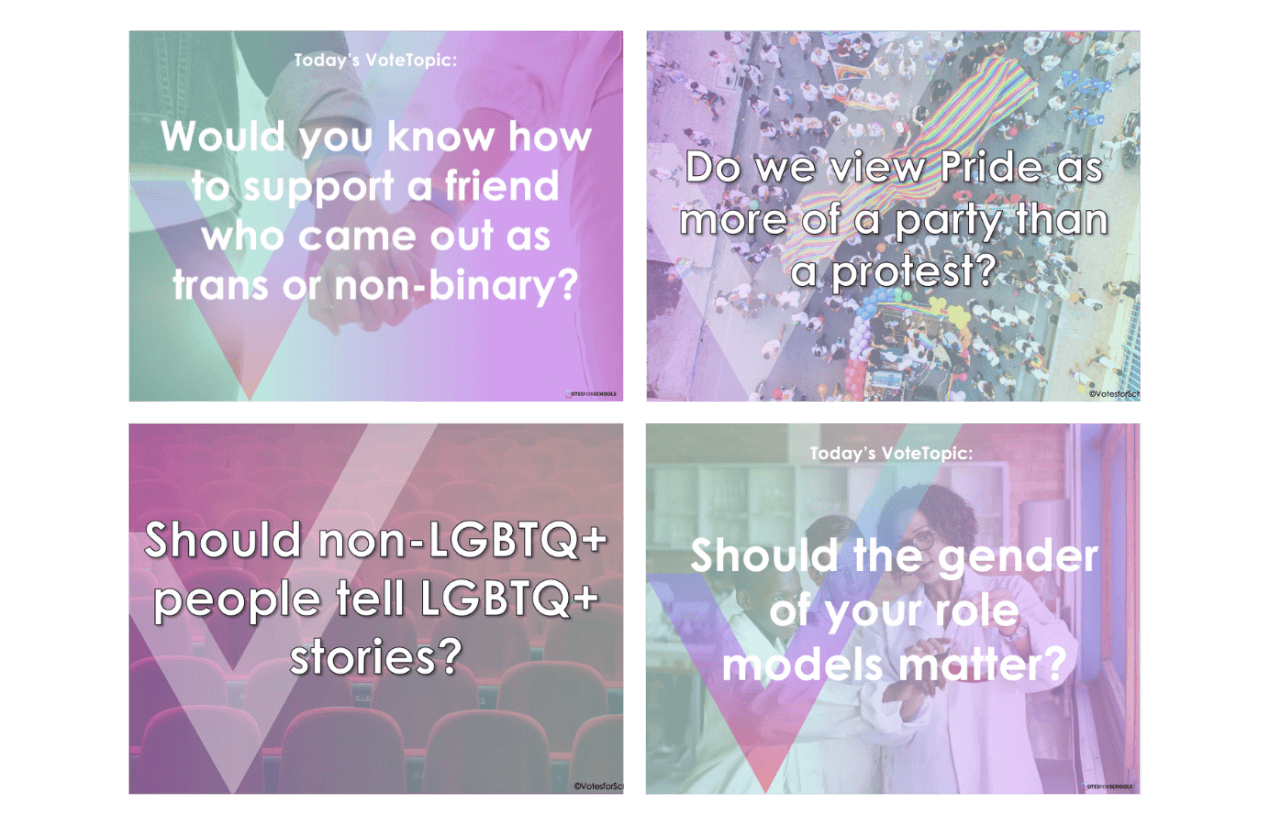
In all that we do, VotesforSchools promotes inclusion, celebrates diversity, and encourages tolerance in all young people (link to LGBTQ+ guidance here?). As such, many of our VoteTopics cover LGBTQ+ issues and diverse identities.
During the last year alone, children & young people from KS2 through to KS5 have shared their views on the above questions.
What came through most clearly with these questions was that there is a keen appetite for better understanding, and that this can only be attained through improved education on the subject.
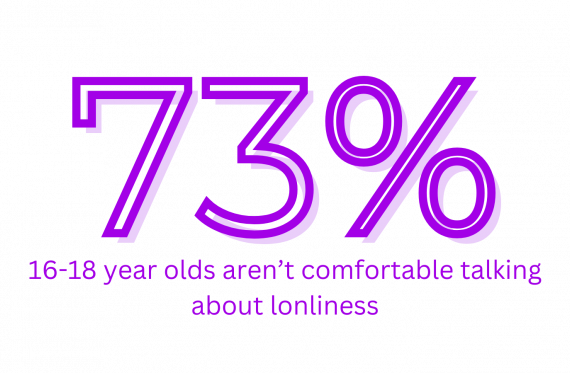
When asked “Are you comfortable talking about loneliness?” in May 2022, only 51% of the 11,591 voters aged 5-11 answered in the affirmative. At 11-16 & 16+, the picture was even bleaker, with only 34.8% and 27.2% of the 20,381 respondents agreeing that they were equipped to deal with loneliness. This would suggest that young people are in need of more education on the subject, and would welcome more frank discussions about it.
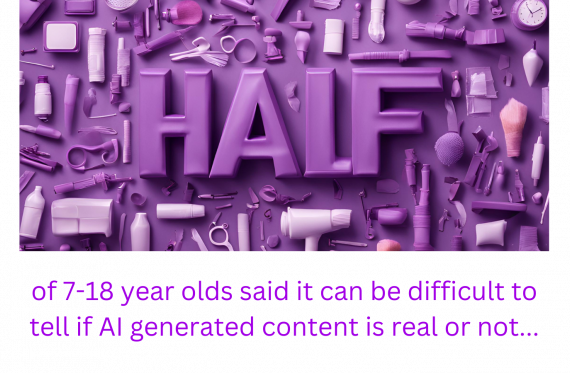
Deepfakes were a key discussion point in the wider topic of “Are AI-generated images too believable?”, for which VotesforSchools received 51,401 votes. Across all age groups from KS2 to KS5, there was a majority Yes response. This is indicative of the importance of young people continuing to learn about AI-generated imagery and other content, especially deepfakes.
VIEW THESE RESULTS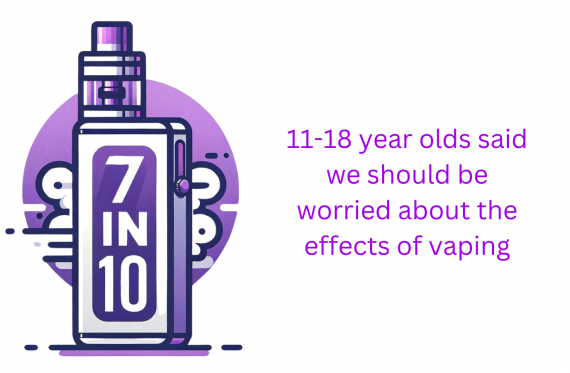
When asked if they would be the first “smokefree generation”, the response from voters was unanimous across the 52,751 votes captured: No. There is clear anxiety amongst young people about the permeation of vaping in their demographic, which will put pause to any plans for smoking & vaping to be a thing of the past.
And this anxiety is nothing new: in October 2022, we asked voters age 7-11: “Do we know enough about how vaping affects us?”, to which 60.2% answered No. Similarly, for 11-16 and 16+ voters, the question of “Should we be worried about vaping?” was met with a Yes response of 73% and 78% respectively.
Further education on what is now a public health issue is crucial, and clearly something for which young people would be grateful.
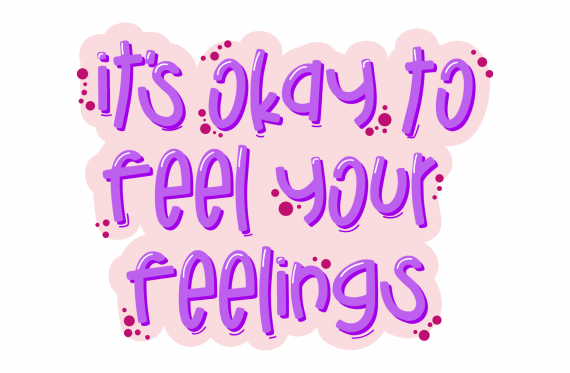
Back in January 2022, VotesforSchools first broached the subject of introducing bereavement into the curriculum to 31,466 young people. Interestingly, 58.1% of 7-11 voters said Yes, but at 11-16 it was a different story, with 61.6% answering No. The reasons underpinning this appeared to be a sense of discomfort about showing emotions, and a suggestion that for many, grieving was a private and intimate process that they did not want to share with their peers.
When the topic was revisited in November 2023 - this time framed as “Would you know how to support a friend if someone important to them died?” - 37,940 young people got involved. It is notable that this represented a 27% drop in engagement from the week prior, and was 21% less than the week after; evidently, this was a sensitive issue on which either teachers or young people (or both) felt less comfortable engaging. Nevertheless, the picture had changed somewhat from 2022, with 80.7% of Primary voters answering Yes. However, for 11-16 & 16+ this dropped to 65% and 66%.
Looking at these VoteTopics side-by-side, then, it seems that education on bereavement is perhaps the missing piece in helping young people support each other, but the general consensus is that school is not necessarily the right place for them to receive it.
It's clear that the voices of young people are vital in shaping an effective curriculum, and in this instance their feedback underscores the need for comprehensive and proactive discussions on a wide range of subjects while also taking into consideration the appropriate age guidelines. Young people themselves have said that starting these conversations at a young age, progressively deepening the content as they mature is a logical solution... and shouldn't we listen to them?
Please note: The consultation period for the Government's RSE proposals is open until July, after which a decision will be made. If changes are agreed, then schools will be notified of when these will come into effect. Until then, schools are advised to follow the current curriculum.